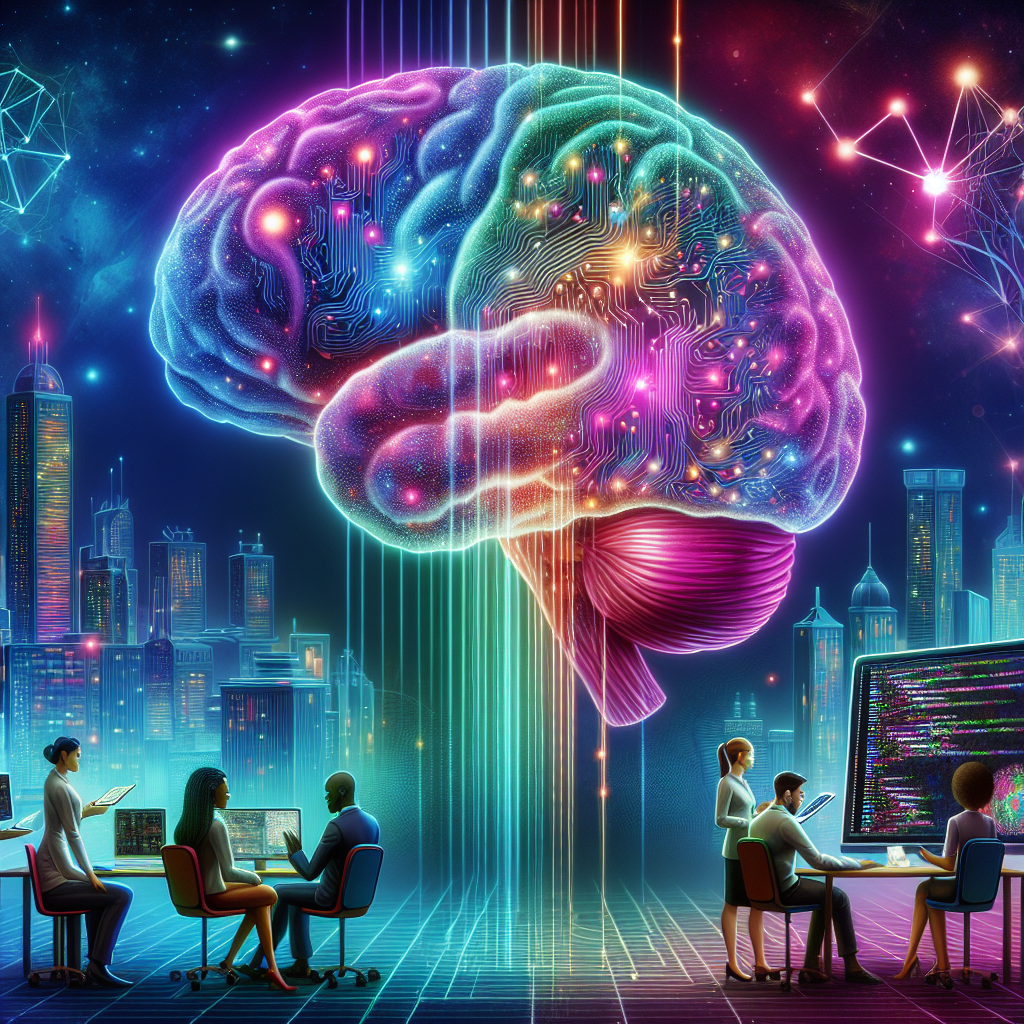In today’s fast-paced digital world, technology is omnipresent. From smartphones to computers, every aspect of our life is influenced by digital devices. But as we embrace these tools, have we stopped to consider how they affect our cognitive performance? In this article, we’ll explore the effects of technology on our memory, attention, and overall mental health, and offer practical solutions to enhance cognitive function.
Understanding Cognitive Performance
Cognitive performance refers to how well our brain processes information, including memory, attention, and problem-solving skills. In simpler terms, it’s about how effectively we think and learn. Various factors can influence cognitive performance, and in the digital age, technology plays a significant role.
The Double-Edged Sword of Technology
Technology is both a blessing and a curse when it comes to cognitive performance. Let’s break down both sides:
Positive Impacts of Technology
- Access to Information: The internet provides instant access to vast amounts of information, making research and learning easier than ever.
- Learning Tools: Online courses, educational apps, and interactive platforms enhance learning experiences.
- Collaboration: Technology enables real-time collaboration, making teamwork more efficient.
Negative Impacts of Technology
- Short Attention Spans: The constant bombardment of notifications can fragment our attention, making it challenging to focus for extended periods.
- Memory Decline: Relying heavily on search engines can weaken our memory, as we default to looking up information instead of remembering it.
- Digital Addiction: The compulsive use of technology can affect our mental health, leading to increased anxiety and stress.
How Technology Affects Cognitive Functions
Understanding the psychological and physiological impacts of technology can help us navigate our digital lives better. Here are some of the key cognitive areas affected:
1. Attention Span
Research shows that the average attention span has decreased significantly in the digital era. With pop-up ads, social media notifications, and endless browsing, it can be hard to concentrate on a single task. This fragmented attention can result in decreased productivity and higher levels of stress.
2. Memory Retention
The “Google Effect” describes the phenomenon where individuals are less likely to remember information that can be easily found online. This dependency can impair our ability to retain and recall information, leading to what some psychologists call “digital amnesia.”
3. Problem-Solving Skills
While technology can facilitate problem-solving through various tools and resources, it also has the potential to diminish our ability to think critically. With quick answers readily available, we may become less inclined to engage in deeper analytical thinking.
4. Social Interactions
Although technology allows us to connect with others easily, it can also hinder face-to-face communication skills. The reliance on digital interactions can lead to social anxiety and a lack of emotional intelligence.
Improving Cognitive Performance in the Digital Age
Given these impacts, it’s essential to take proactive measures to support our cognitive performance. Here are some effective strategies:
1. Digital Detox
Taking regular breaks from screens can significantly improve focus and reduce stress. Consider allocating specific times during the day to unplug from technology.
2. Mindfulness Practices
Engaging in mindfulness exercises, such as meditation or deep-breathing techniques, can help enhance focus and improve overall mental health. Even short sessions can yield noticeable benefits.
3. Engage in Brain-Boosting Activities
Activities like puzzles, reading, or playing musical instruments can stimulate cognitive function. These tasks encourage critical thinking and memory retention, counteracting the negative effects of digital reliance.
4. Limit Multitasking
While multitasking may seem efficient, it often reduces overall productivity and cognitive performance. Instead, focus on one task at a time to enhance concentration.
5. Foster Real-Life Connections
Building strong relationships through in-person interactions can boost social skills and emotional intelligence. Consider scheduling regular catch-ups with friends or family.
Conclusion
In the age of technology, understanding its impact on cognitive performance is crucial. While technology has the potential to enhance our cognitive abilities, it can also hinder them if not used mindfully. By implementing strategies to mitigate its negative effects, we can harness the benefits of technology while maintaining a healthy mind. Adapting to this digital landscape doesn’t have to be overwhelming; with the right approach, we can nurture our cognitive performance in a balanced way.
FAQs
1. How does technology affect memory?
Technology can lead to what’s known as “digital amnesia,” where individuals are less likely to remember information they can easily look up online. This reliance can weaken memory retention.
2. Can excessive screen time lead to mental health issues?
Yes, excessive screen time can contribute to anxiety, depression, and stress. It’s important to take breaks and engage in digital detoxes.
3. What are some effective ways to improve focus in a digital world?
Practicing mindfulness, limiting multitasking, and engaging in brain-boosting activities can significantly enhance focus in a technology-driven environment.
4. Is there a connection between technology use and cognitive decline?
Over-reliance on technology can contribute to cognitive decline, particularly in areas like memory retention and critical thinking. Balancing technology use with cognitive exercises is vital.
5. How can I encourage better social interactions in a digital age?
Foster real-life connections by scheduling regular meet-ups with family and friends, and practice face-to-face communication to enhance social skills.





